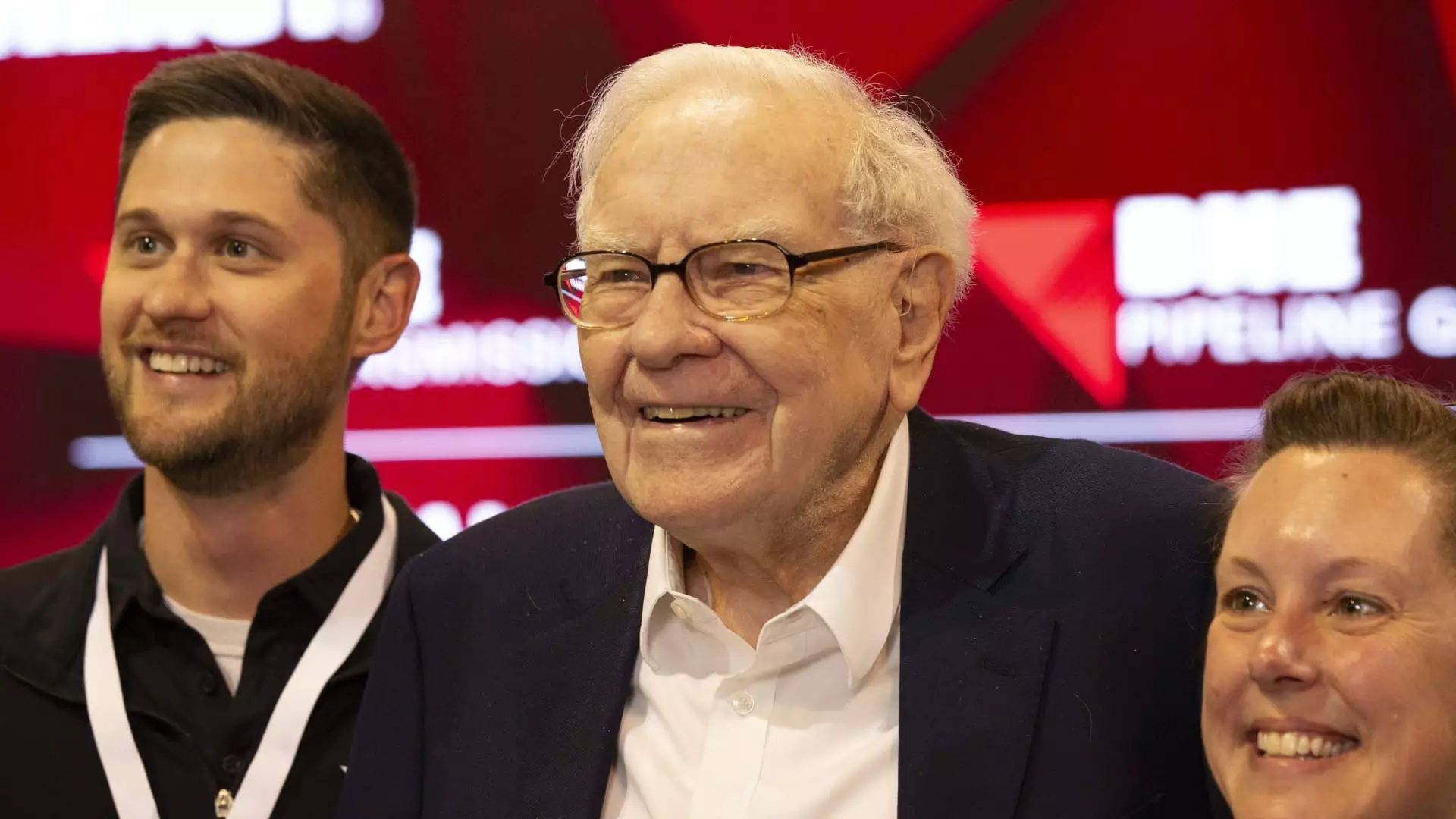Warren Buffett’s Berkshire Hathaway has recently intensified its investment in SiriusXM, acquiring an impressive 32% stake in the satellite radio giant. This move reflects Buffett’s ongoing interest in the media landscape, even as SiriusXM faces significant challenges, including subscriber losses and tough market conditions. In a span from Wednesday to Friday, the Omaha-based conglomerate purchased approximately 3.6 million shares, amounting to around $87 million, as documented in a report to the Securities and Exchange Commission late last week. Notably, this investment comes on the heels of John Malone’s Liberty Media finalizing a deal in early September to reorganize and consolidate its audio entertainment assets, suggesting a strategic play in an evolving media environment.
Berkshire’s foray into SiriusXM marks a continuation of its media strategy that began with Liberty Media’s stock in 2016. However, the real impetus seems to be the merger arbitrage potential stemming from the newly formed structure after Malone’s transaction. Although Buffett has remained reticent about his personal perspective on this investment, the involvement of his investing lieutenants—Ted Weschler and Todd Combs—raises questions about decision-making within the firm. It is plausible that this investment is rooted in their analysis of the media landscape and SiriusXM’s potential to regain traction in a highly competitive market.
Despite Berkshire’s significant investment, the broader sentiment on Wall Street regarding SiriusXM is far from optimistic. A mere five out of 14 analysts covering SiriusXM have assigned it a buy rating, underscoring skepticism about its long-term growth trajectory. Recent coverage from JPMorgan analyst Sebastiano Petti suggests an underweight position, hinting at serious reservations about the company’s ability to broaden its audience base amidst demographic shifts and subscriber attrition. The analyst particularly highlighted that the recent Liberty media restructuring, which led to a 12% reduction in share count, might stifle stock buyback initiatives until 2027, compounding concerns for investors.
Following the announcement of Berkshire’s new stake, SiriusXM experienced a brief uptick, with stock prices rising 8%. However, this surge masks the bigger picture: SiriusXM’s shares are still down over 50% year-to-date, indicative of the greater industry pressure. This echoes the lessons learned from Berkshire’s previous foray into media investments, such as the ill-fated purchase of Paramount Global’s nonvoting shares in 2022, which led to significant losses. Buffett’s reflection on that investment pointed to a deeper understanding of shifting viewer priorities in a crowded streaming market, leading to a potential reevaluation of future media investments.
Overall, Berkshire Hathaway’s increasing stake in SiriusXM epitomizes a nuanced gamble amid a turbulent market. While the investment strategies employed by Buffett and his team are often perceived as calculated, the underlying pressures facing SiriusXM invite skepticism about the longevity and effectiveness of this bet. As the media landscape continues to evolve, the implications of this investment will merit close scrutiny as stakeholders and analysts alike analyze whether it signifies a forward-thinking approach or a risky venture into troubled waters.

